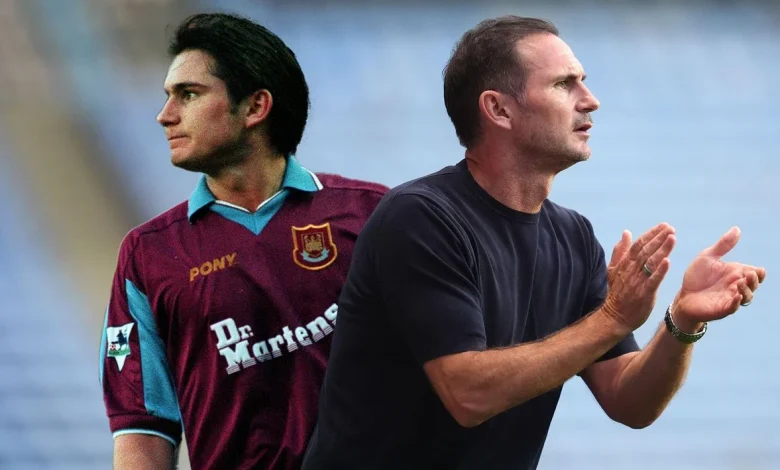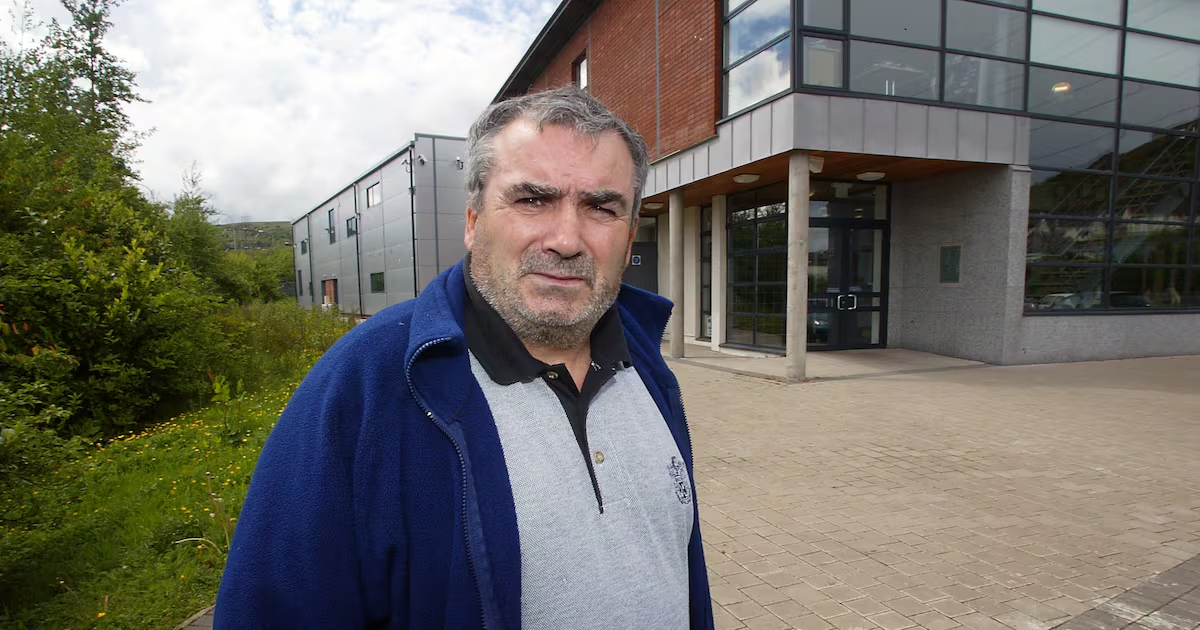Frank Lampards managerial narrative has the same DNA as his playing one – initial hype, early struggle then gradual mastery

There is something quietly compelling about the march of Frank Lampard’s managerial revival at Coventry this season.
With the Sky Blues sitting atop the Sky Bet Championship table – even if the hard work is far from done – Lampard’s trajectory at the helm there is beginning to resemble the arc of his playing days, when an initially contentious but promise-filled start gave way to enduring success.
It is a thesis worth exploring.
When Lampard arrived at Coventry in November 2024, he took over a club that hovered in the mid-to-lower half of the Championship, far removed from the automatic-promotion chatter.
But fast-forward to October 2025 and the tone has shifted. Lampard’s side are now comfortably leading the second tier: unbeaten after ten games, racking up victory after decisive victory – including a 7-1 demolition of QPR and a 5-0 thrashing of Sheffield Wednesday – and positioning themselves as genuine promotion contenders.
The defence has tightened, the attack flows and the momentum is unmistakable. Lampard himself, mindful of the fragility of success, explained after a 2-1 win over Portsmouth that “our job is to stay on it and stay diligent”.
This isn’t the lightning-fast rise of a coaching wunderkind. It’s been a steady, purposeful build, which marks a fascinating parallel between Lampard’s managerial curve and the arc of his playing career.
Lampard’s playing story is well-trodden but instructive here. He emerged at West Ham as a home-grown talent from the club’s academy, son of Frank Lampard Sr. (a West Ham coach) and nephew of then-manager Harry Redknapp. Inevitably there were whispers of nepotism.
Many regarded his £11 million move in 2001 to Chelsea as a gamble-leap too soon. Indeed, when Lampard arrived at Stamford Bridge, questions abounded about whether he could meet the expectations placed on him.
Yet, rather than retreating, Lampard adapted.
He developed a reputation for intelligent movement, impeccable timing and goal-scoring from midfield at a time when the game increasingly valued athleticism above subtle positional sense. He became one of Europe’s best scoring midfielders, a cornerstone of Chelsea’s dominance across the 2000s.
The transformation from promising but raw prospect to elite professional was gradual but real.
It is here that the managerial story mirrors the playing narrative. After retirement, Lampard stepped into coaching, beginning at Derby in the Championship. A much-hyped appointment, given his playing legacy, but the returns were modest.
Then came a move to Chelsea despite only a year of coaching experience. In his first press conference as Chelsea boss he admitted: “Coming here 19 years ago was a challenge because I remember driving home and listening to people on the radio questioning whether I should be here for £11million. I worked really hard to try to put that right as a player and now I’m in a position where I’m going to work really hard to be successful as a manager here.”
However, the leap proved too early, too steep.
A spell at Everton followed, containing elements of success but did not set alight the football world. He returned to Chelsea in interim form and the results were inconsistent.
It seemed as though his coaching career had stalled.
And yet, much as in his playing days, Lampard did not surrender. He stepped back from the glare of the Premier League spotlight, took stock of his learning, admitted he had “evolved and improved”.
The pathway from elevated expectation to setback to rebuild has been the same.
Now at Coventry, Lampard is in a role that allows that patient, cerebral development to manifest.
He did not arrive with a big-money squad or extravagant hype. He inherited a team built on the foundations of his predecessor but upgraded selectively and cleverly. He improved the defensive structure first, then unleashed the attack and rotated the squad intelligently.
Much as it was for Super Frank the goal-scoring midfielder, timing is the critical factor. As a player, Lampard made late runs into the box; as a manager, he is making late developmental runs in his own career.
The mark of Lampard’s playing career was not raw athleticism but cerebral intelligence and consistency: how to adapt and optimise.
At Coventry he is applying the same traits, fostering tactical discipline, constructing patterns of play that exploit his squad’s capabilities and showing growth rather than instant brilliance.
The narrative has the same DNA – initial hype, early struggle, then gradual mastery.
If the parallel is to hold, then there are clear milestones ahead. Patience remains the key word.
Having arrived at Chelsea as manager too early in his career, Lampard now seems to have embraced the slow burn. He has said: “I’ve always been very open to listening, to looking, to learning and reflecting.”
That mindset is what once separated his playing peak from his humble beginnings. At Coventry he is applying it again.
For Lampard the player, success at Chelsea meant league titles, Champions League glory and England call-ups. For Lampard the manager, the lesson now is: finish the job.
Can Coventry maintain the blistering start? Can Lampard oversee a return to the Premier League?
If he does, then perhaps he will someday earn the chance to be as productive for England from the dugout as he once was on the pitch.
Safer gambling
We are committed in our support of safer gambling. Recommended bets are advised to over-18s and we strongly encourage readers to wager only what they can afford to lose.
If you are concerned about your gambling, please call the National Gambling Helpline / GamCare on 0808 8020 133.
Further support and information can be found at begambleaware.org and gamblingtherapy.org.





